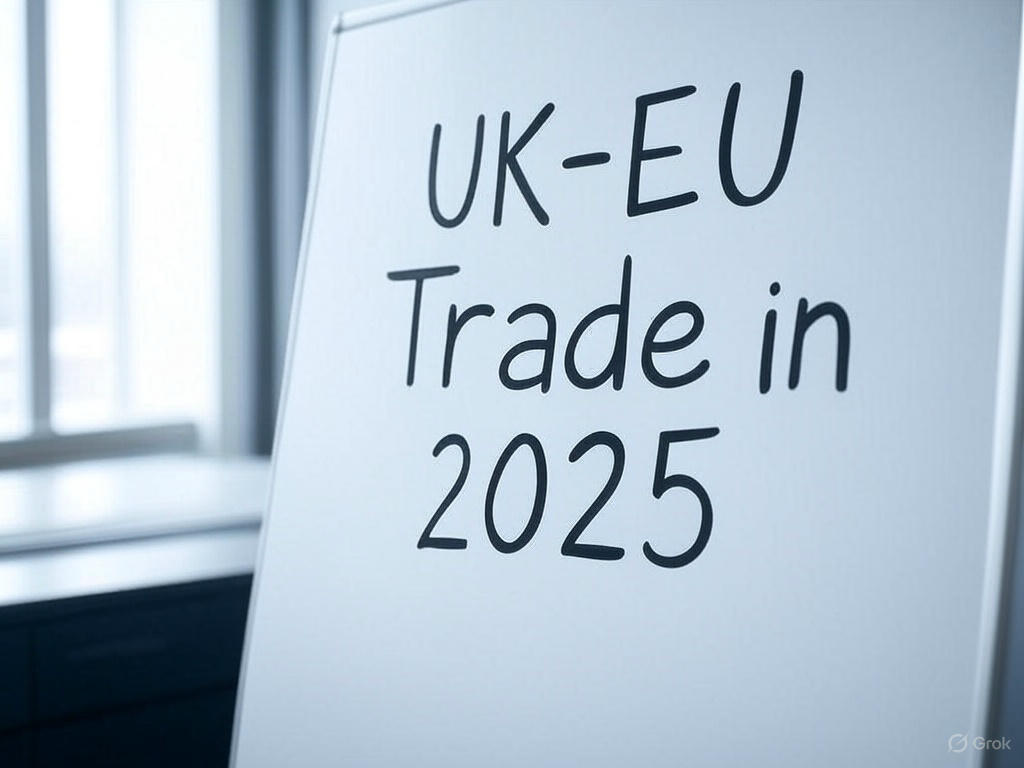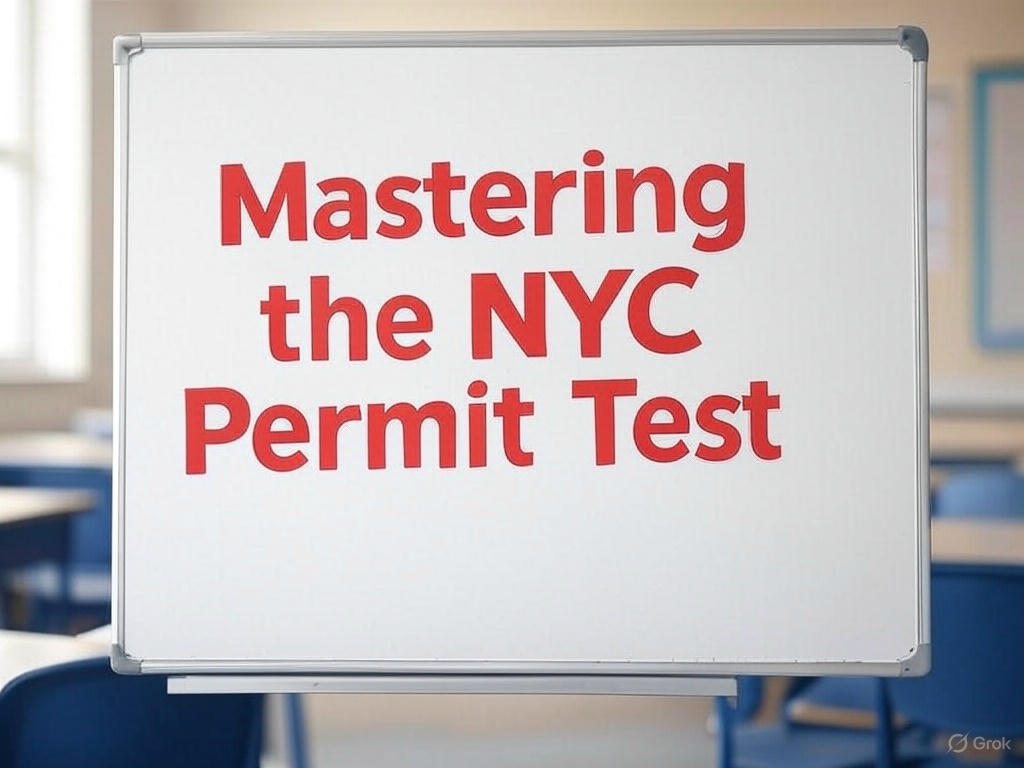In 2025, SEO is more competitive than ever, and high-quality backlinks remain a crucial ranking factor. However, not all link building services provide real value. In this guide, we’ll help you understand what to look for and how to choose link building services that truly work.
Why Link Building Still Matters in 2025
Link building still matters in 2025—it boosts domain authority, drives targeted organic traffic, and helps improve your search engine rankings for long-term SEO success.
Enhances Domain Authority:
Earning backlinks from trusted, high-quality websites can help improve your domain authority. A stronger domain makes it easier to rank for competitive keywords.
Drives Targeted Organic Traffic:
High-quality backlinks from niche-relevant websites not only support your SEO efforts but also attract visitors who are genuinely interested in your content, products, or services. This means more meaningful traffic and better engagement from the right audience.
Improves Search Engine Rankings:
Search engines see backlinks as signals of trust and credibility. Having quality links from relevant, reputable sources can help boost your rankings over time.
Red Flags to Watch Out For
When selecting a link building service, it’s important to stay aware of a few warning signs that could impact your SEO efforts:
- Websites with little to no organic traffic
- Low-quality or automatically generated (spun) content
- Overuse of exact-match anchor text
- Lack of clarity on where your links will be placed
- Platforms filled with unverified or inauthentic publishers
Without proper vetting, you might end up paying for links that vanish after a few months—or worse, harm your site’s search engine performance.
Choosing the right platform can help you save time, protect your budget, and build long-term SEO value. The wrong choice, however, can do more than just waste resources—it can affect your rankings and credibility.
What Makes a Link Building Service Effective
A good link building service focuses on quality rather than quantity, understands your audience, and uses keywords wisely. It creates valuable content, builds genuine relationships, and keeps an eye on competitors. Guest posting, social sharing, and regular performance checks all help ensure steady, long-term growth in your search visibility.
Quality Over Quantity
Many believe that the more backlinks a site has, the better—but that’s not always true. Search engines like Google now focus heavily on link quality. Having too many low-quality links can actually harm your site’s credibility. It’s far more effective to earn a few strong backlinks from trustworthy, relevant websites than hundreds from unrelated or spammy sources.
Understanding Your Audience
Great link building isn’t just about SEO—it’s also about connecting with your audience. Earning links from sites your target audience actually visits helps improve relevance and engagement. It’s important to seek out link opportunities that align with your audience’s interests and behaviors.
Smart Keyword Integration
Using the right keywords within your link-building strategy can significantly boost visibility. Focus on keywords that are both relevant to your content and not overly saturated. Doing some research to uncover terms your competitors may have missed can give you an edge.
Content Still Reigns Supreme
Creating helpful, engaging, and original content is still one of the best ways to attract backlinks naturally. Think in terms of detailed guides, infographics, or case studies—content that provides real value and encourages others to reference and share it. Avoid thin or generic content that doesn’t serve your audience well.
Keep an Eye on Competitors
Looking at what’s working for your competitors can offer valuable insights. Tools like Ahrefs or SEMrush can help you discover where they’re getting their links—and which opportunities might work for you too.
Build Real Relationships
Strong backlinks often come from strong relationships. Take time to connect with people in your niche through social media, comments, or collaboration. A warm, genuine connection increases the chances of others linking to your site when the opportunity arises.
Make Use of Guest Posting
Guest posting remains an effective tactic when done right. Reach out to relevant sites with thoughtful content ideas that match their audience’s interests. When accepted, guest posts not only help with backlinks but also raise your brand’s visibility.
Share and Engage on Social Media
Promoting your content on platforms like LinkedIn, Twitter, or Instagram can help attract attention from industry peers and influencers. As your content gets shared, it increases the likelihood of earning organic backlinks.
Monitor and Improve
Finally, it’s important to regularly track your link-building efforts. Use tools like Google Analytics, Ahrefs, or Moz to see what’s working—and what’s not. Regular monitoring lets you adjust your approach and keep improving your results over time.
Questions to Ask Before Hiring
Before hiring a link building service, check for proven case studies, quality content creation, detailed link reports, and policies for replacing removed links to ensure long-term SEO value and transparency.
Can You Share Some Link Building Case Studies or Results?
Before choosing a link building agency, it’s helpful to ask if they can share real results from past campaigns. A trustworthy provider should be able to show how their work has helped improve things like search rankings, domain authority, or organic traffic. Seeing these examples can give you confidence in their approach and show whether they’ve had success in your industry.
Is Content Creation Included in Your Link Building Service?
Great link building starts with great content. It’s a good idea to check whether the agency will create original content for your placements or if they expect you to provide it. Agencies that handle content creation often see better placement success and make the process easier for your team. Plus, their content is usually tailored to match the publisher’s standards, increasing the chance of quality backlinks.
How Do You Report on the Links You’ve Built?
Clear and regular reporting is key to understanding the value of your investment. Ask how frequently you’ll receive updates and what those reports will include. Ideally, reports should show:
- The URL of the placement
- The anchor text used
- The domain authority of the linking site
- The type of content where the link appears
Transparent reporting not only builds trust but also helps you track performance over time.
What Happens If a Link Is Removed?
Sometimes websites remove content or make changes that can cause your links to disappear. It’s helpful to ask how the agency handles this. Will they monitor your links? Will they replace any that are lost? A reliable agency will keep an eye on link health and work to maintain consistent value by replacing removed links whenever possible.
Top Link Building Strategies That Work in 2025
Looking to improve your SEO, grow your traffic, and boost domain authority in 2025? Here are some of the most effective and reliable link building strategies being used today—proven to get real results.
Guest Posts on Authority Websites
One of the most trusted ways to earn backlinks is through guest posting. This involves writing a helpful, relevant article for a website in your industry, and naturally including a link back to your site. In return, you gain exposure and a high-quality backlink, while the host site gets valuable content.
To succeed, focus on writing content that’s well-researched and relevant to the audience. Poorly written posts likely won’t be accepted. If writing isn’t your strength, consider hiring a professional—but always review the content to ensure it meets the publisher’s standards.
At Outreach Monks, we take care of the entire guest posting process—from finding the right websites to creating high-quality content that earns placements. For example, we helped our client, REPRESENT CLO, increase their Domain Rating (DR) from 50 to 57 and grow traffic from 70K to 355K over 20 months using strategic guest posting.
Find and Replace Broken Links
Broken link building is a smart and efficient tactic. Sometimes websites link to pages that no longer exist, which can hurt their user experience. By identifying these “dead” links, you can reach out to the site owner, notify them of the issue, and politely suggest your page as a relevant replacement.
This helps both parties: they fix an outdated link, and you earn a valuable backlink.
Tools like Ahrefs or Broken Link Checker can help speed up the process. Focus on sites in your niche and be sure your content truly adds value as a replacement.
Leverage PR for High-Authority Links
Public relations (PR) can be a powerful tool for link building. When your business is mentioned in the media—whether through articles, press releases, or interviews—those mentions often include links back to your website. These backlinks from trusted sources can significantly boost your SEO authority.
Here are a few ways to get started:
- Share newsworthy updates from your company
- Distribute well-written press releases
- Build relationships with journalists and niche bloggers
It’s not just about gaining exposure—it’s about building credibility and growing your digital presence. For instance, we helped our client NoLabels secure multiple PR placements that led to valuable backlinks from respected publications.
Use Existing Partnerships
If you already have strong relationships with suppliers, partners, or industry influencers, you may have easy link opportunities right at your fingertips.
Here are some simple ways to leverage these connections:
- Write testimonials or reviews for your partners
- Ask to be listed on their website as a trusted client or collaborator
- Get featured in their “Partners” or “Clients” sections
- Work together on content or campaigns that include mutual backlinks
Start by making a list of your current business partners and explore their websites for potential link opportunities. Just be cautious of direct link exchanges, as those may violate Google’s guidelines.
How to Track ROI from Link Building
Tracking the return on investment (ROI) from link building is essential to understanding how your efforts are paying off. Here are some helpful ways to measure impact and make sure your strategy is working effectively:
Monitor Organic Traffic Growth
High-quality backlinks help boost your search rankings, which often leads to an increase in organic traffic. Keep an eye on traffic trends using tools like Google Search Console and Google Analytics after you’ve earned new backlinks. A steady rise in organic visits is a great sign your link building is working.
Track Keyword Rankings
Good backlinks can improve your keyword rankings, pushing your content higher in search engine results. Tools such as Ahrefs, SEMrush, or Moz allow you to track keyword movements and see how your SEO visibility changes over time.
Check Referral Traffic
Some backlinks will bring direct traffic from the sites they’re placed on—especially if they’re from high-authority domains. You can view this in the “Referral Traffic” section of Google Analytics to understand which links are driving real visitors to your site.
Measure Domain Authority Growth
Metrics like Domain Authority (DA) or Domain Rating (DR) reflect the overall strength of your site’s backlink profile. An increase in these scores over time usually indicates that your website is earning high-quality, authoritative links that support stronger SEO performance.
Track Conversions and Sales
Ultimately, the goal of link building should tie back to business outcomes. Tracking how backlinks contribute to conversions, leads, or sales helps you see the true value of your investment. Use goal tracking in Google Analytics or your CRM tools to monitor this closely.
Budgeting for Link Building Services: Key Steps to Consider
Link building is a valuable part of your SEO strategy, but it’s important to plan your budget wisely. Here are a few steps to help you make smart investment decisions:
Understand What You’re Paying For
Link building costs can vary based on factors like content creation, outreach quality, and the authority of linking websites. Higher pricing often reflects more strategic and ethical efforts that deliver real results.
Choose Between One-Off or Ongoing Campaigns
Decide if you need a short-term boost or a long-term link building strategy. Ongoing campaigns usually lead to better, more sustainable SEO growth.
Be Cautious with Low-Cost Offers
While low prices can be tempting, they often come with risks—such as spammy links or black-hat tactics—that can harm your site’s rankings or reputation.
Invest in Quality and Transparency
Partner with reputable providers who offer clear communication, ethical link practices, and regular reporting. This helps you track performance and ensures your investment delivers lasting value.
Conclusion:
In today’s competitive SEO landscape, high-quality backlinks remain one of the most effective ways to build domain authority, improve rankings, and drive meaningful traffic. However, not all link building services are created equal. The key is to focus on providers that offer transparent reporting, create value-driven content, and prioritize long-term success over shortcuts.
By asking the right questions, avoiding red flags, and investing in proven strategies like guest posting, digital PR, and relationship-based outreach, you can build a strong, sustainable link profile that supports your SEO goals well into the future.
Make your budget count by partnering with professionals who understand your niche, your audience, and the importance of ethical, strategic link acquisition.
FAQs:
What is link building and why is it still important in 2025?
Link building is the process of acquiring backlinks from other websites to your own. In 2025, it’s still a vital SEO practice because high-quality links signal credibility to search engines, boosting your rankings and organic visibility.
How do I know if a link is high quality?
A high-quality link typically comes from a reputable, relevant website with good domain authority and real organic traffic. It should also use natural anchor text and be placed within valuable, well-written content.
Can bad link building hurt my website?
Yes. Links from spammy, irrelevant, or low-authority sites can damage your SEO performance and potentially result in penalties from search engines like Google. It’s important to work with a trusted agency that follows white-hat practices.
How much should I expect to pay for link building?
Prices can vary widely. Generally, quality services charge more due to the effort required for outreach, content creation, and strategic placement. Investing in reputable services ensures lasting results and avoids penalties.
How long does it take to see results from link building?
It often takes a few weeks to a few months to see noticeable improvements, depending on your niche, competition, and the strength of your existing SEO. Link building is a long-term investment that pays off over time.
Should I handle link building in-house or hire an agency?
This depends on your internal resources and expertise. Agencies often offer specialized tools, content creation, and established publisher relationships, making them a more efficient and scalable option for most businesses.
What should a good link building report include?
A reliable report should clearly show placement URLs, anchor text, domain authority of the linking sites, and the content type. Transparency helps you evaluate ROI and build trust with your provider.




